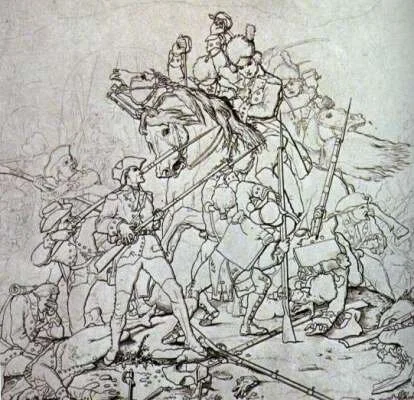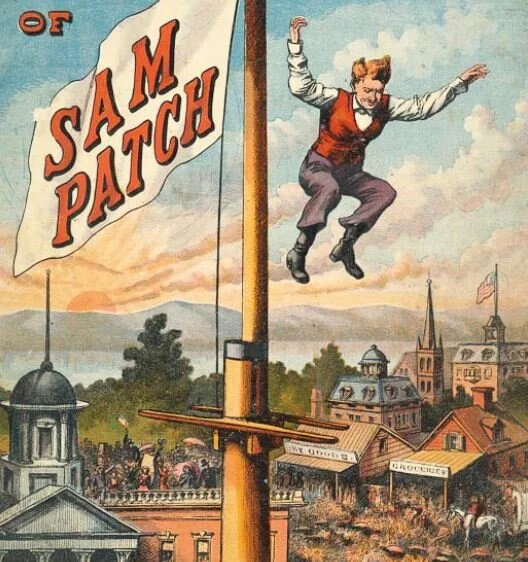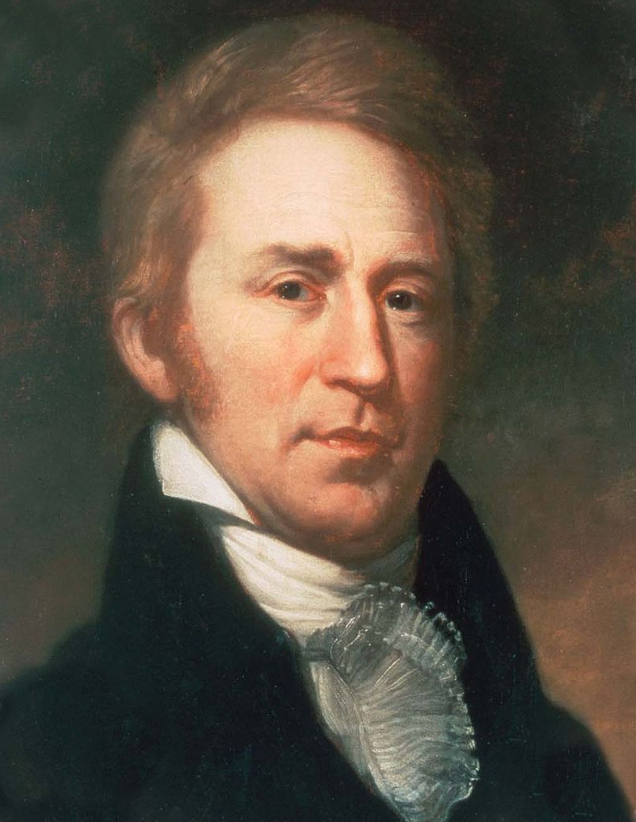William Hull and the Surrender of Detroit
William Hull was the first Governor of the Michigan Territory.
Despite his hard work, Hull is best known for surrendering Detroit during the War of 1812.
William Hull
William Hull was a young Connecticut lawyer when the Revolutionary War broke out.
Hull dropped everything and joined the Continental Army, with whom he would fight for the next eight years.
Early in the hostilities, William attempted to talk his friend Nathan Hale out of an ill-fated spy mission and was instrumental in associating him with his famous last words.
Governor
After the war, Hull moved to Massachusetts where he spent two decades serving as a judge.
He was also elected to the State Assembly as a Democratic-Republican.
In 1805, William was chosen by President Thomas Jefferson as the first Governor of the Michigan territory.
At the time, Michigan was almost entirely controlled by Native American tribes. Hull worked closely with these groups to secure land for the United States, with his most notable agreement being the Treaty of Detroit.
The Army of the Northwest
When the War of 1812 broke out, William Hull was named a Brigadier General and placed in control of the Army of the Northwest.
Hull returned to Detroit (which was then little more than a fort) but suffered early setbacks because he had not yet received word that war had been declared while his British opponents had.
Very quickly, William was deceived by the British. They sent word that a gigantic contingent of Native Americans were prepared to annihilate his men.
Hull did not have the provisions necessary for a long siege, and instead of letting his troops get ‘exterminated’ he surrendered Detroit.
Regaining Reputation
It turns out that the British did not have nearly the force they claimed, and Hull was given a court martial.
William was convicted of negligence and cowardice and sentenced to hang.
Fortunately, President James Madison decided to pardon Hull, based on his stellar record in the Revolutionary War and decade of service as Governor.
By the end of his life, William published a book justifying his actions which restored some of his honor among his countrymen.
In hindsight, most historians agree that much of the problems Hull took the blame for were based on circumstance and out of his control.
Want to read about more FOUNDERS IN THE WAR OF 1812?
Great! Check out these articles:
Funding the War of 1812 - Stephen Girard and His Bank
Morgan Lewis Campaigns Against Vice Presidents
Vice President Daniel D. Tompkins Drinks Himself to Death
The recapture of Detroit was just as important as it’s surrender (hey, that’s why it’s part of the US today).
You can read more deeply about Hull in ‘The Fall and Recapture.’
Pick up a copy through the Amazon affiliate link below (you’ll support this site, but don’t worry, Amazon pays me while your price stays the same).
Want to get fun American Revolution articles straight to your inbox every morning?
Smart!
Subscribe to my email list here.
You can also support this site on Patreon by clicking here.





